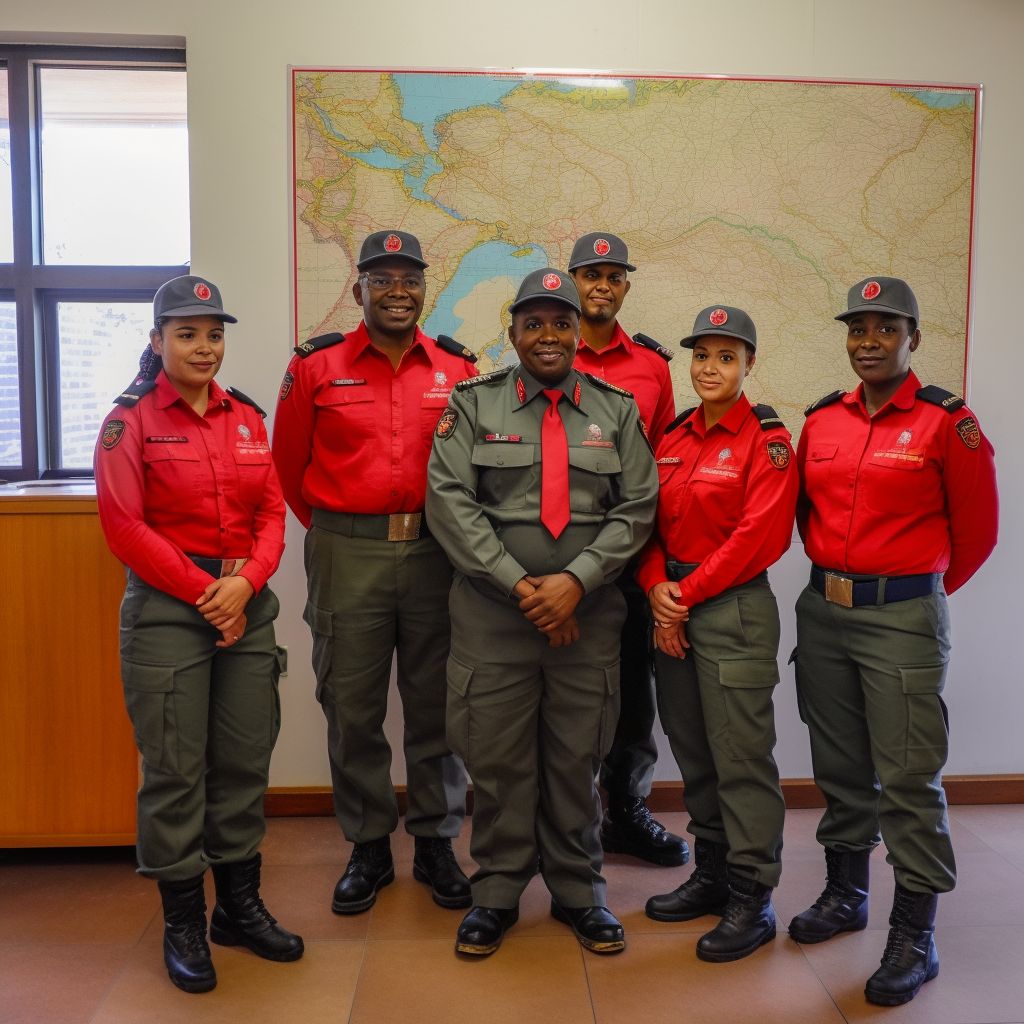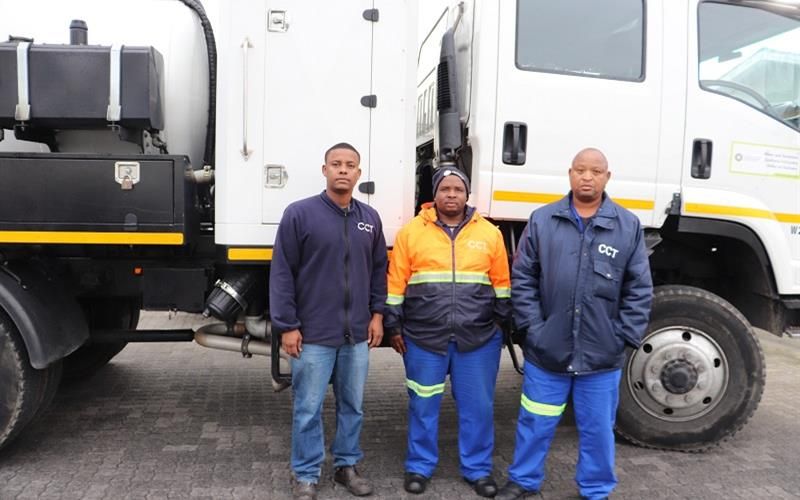The Western Cape province of South Africa has achieved a remarkable feat in crime-fighting by reducing the murder rate by 14.1%. The recently released crime statistics for January to March 2023 reveal that there were 872 murders in the 2022/23 financial year in comparison to 1,015 in the previous year. The decrease outperforms the 904 murders recorded in 2020/21.
LEAP Implementation in Targeted Areas Drives Reduction in Homicides
The Law Enforcement Advancement Plan (LEAP) played a significant role in reducing the number of homicides in selected areas. These areas include Delft, Gugulethu, Harare, Khayelitsha, Kraaifontein, Mfuleni, Mitchells Plain, Nyanga, Philippi East, Samora Machel, Atlantis, Bishop Lavis, Hanover Park, Lavender Hill, Steenberg, and Grassy Park.
Areas with LEAP support have reported a 9% reduction in homicides from 468 cases in 2021/22 to 428 in 2022/23. Analysts attribute the success to the implementation of the Western Cape Government’s Safety Plan and the deployment of LEAP officers.
LEAP Deployment in Specific Areas Results in Reduction of Murder Rates
Significant decreases in murder rates have been reported in several areas where LEAP officers have been deployed. These areas include Atlantis (23%), Bishop Lavis (10%), Gugulethu (5%), Harare (8%), Khayelitsha (17%), Mfuleni (6%), and Samora Machel (2%).
Challenges in Certain Areas and the Way Forward
While the progress is impressive, Delft (12%), Mitchells Plain (25%), Nyanga (47%), Philippi (28%), and Philippi East (45%) have seen an increase in homicides. Premier Winde acknowledges the complexity of fighting crime and emphasizes the importance of utilizing data, evidence, and technology to reduce crime.
Western Cape Minister of Police Oversight and Community Safety, Reagen Allen, has acknowledged the effectiveness of LEAP in reducing the number of murders in priority areas. However, he expresses concern about the increasing murder rates in certain areas and promises to take aggressive action to combat crime.
Gang-Related Murders and Contact Crimes Remain a Challenge
Gang-related murders remain a pressing issue in the Western Cape, accounting for 110 of the 152 murders reported nationally. The province also saw a 4% increase in total contact crimes, contributing to 19.1% of all contact crimes in the country.
Collaborative Efforts to Combat Crime
Premier Winde expresses gratitude to the Swartland K-9 and Rural Safety Units for their support in combating crime. He emphasizes the importance of collaboration between the Western Cape Government and law enforcement partners to continue the momentum towards a safer province.
The Western Cape’s significant decrease in murder rates serves as a testament to the effectiveness of evidence-based crime-fighting strategies. By working together with law enforcement and the community, the province can continue on the path towards a safer future for its residents. Minister Allen plans to engage with the Provincial Police Commissioner for a deeper analysis of crime statistics and to explore additional strategies to address the rising crime rates in certain areas.












